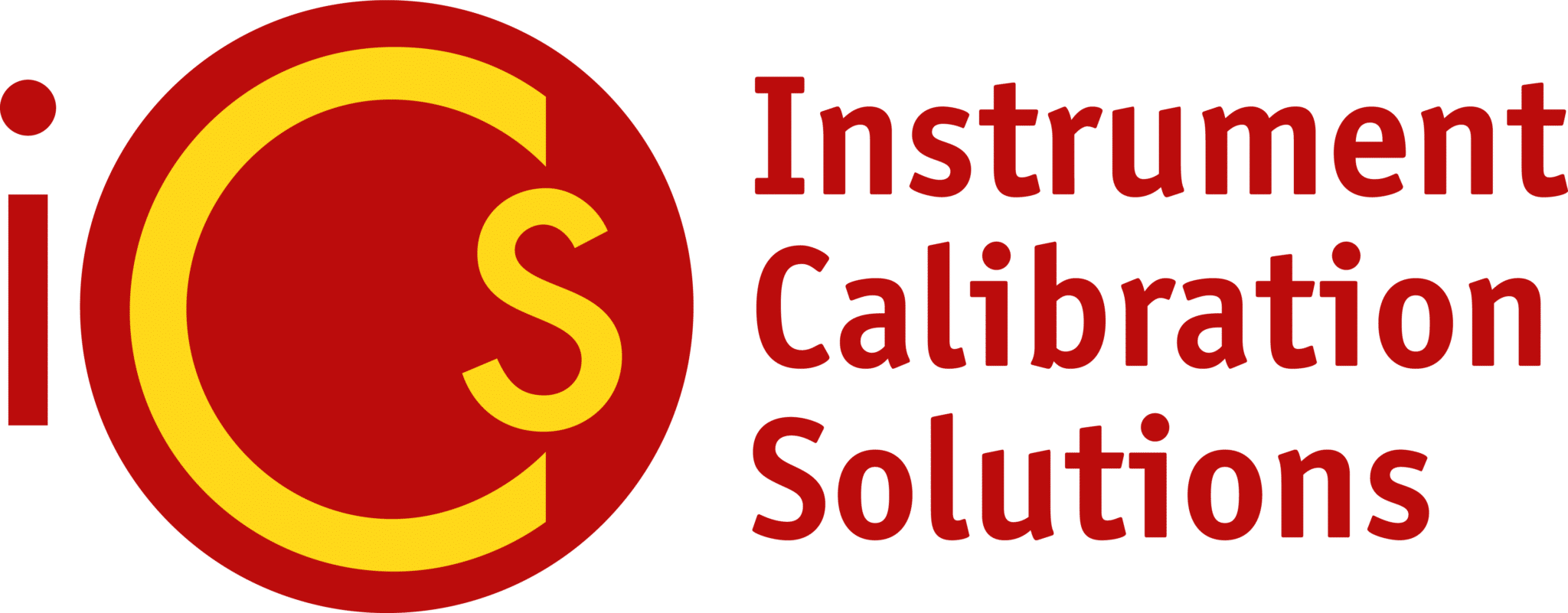How Often Should You Calibrate Your Force Gauge?
Force gauges are essential tools in industries that rely on precise measurements of tension, compression, and torque. Whether used in manufacturing, quality control, or research, accurate force measurement is critical to ensuring product reliability, safety, and compliance with industry standards. However, like any precision instrument, force gauges can lose accuracy over time due to wear and tear, environmental factors, and regular use. This makes calibration a vital aspect of force gauge maintenance.
But how often should you calibrate your force gauge? The answer depends on several factors, including the type of force gauge, how frequently it’s used, and the conditions under which it operates. In this blog post, we’ll explore the factors that influence calibration intervals and offer general guidelines to help you keep your force gauges in optimal working condition.
What is Calibration, and Why is it Important?
Calibration is the process of comparing a force gauge’s measurements to a known standard, typically a highly accurate reference instrument, and adjusting the gauge if necessary to ensure it meets the required accuracy. Over time, even small inaccuracies in force measurement can lead to larger issues in manufacturing processes, safety testing, and quality control.
For instance, a poorly calibrated force gauge in an automotive plant could result in incorrect tensioning of parts, which may lead to mechanical failure. In the pharmaceutical industry, a miscalibrated force gauge could result in insufficiently sealed packaging, compromising the sterility of medicines. Accurate calibration ensures that force gauges continue to deliver reliable, repeatable measurements, preventing costly errors, product recalls, and potential safety hazards.
Factors That Affect Calibration Frequency
While manufacturers often recommend calibration intervals, there isn’t a one-size-fits-all answer to how often you should calibrate your force gauge. Several factors can influence calibration frequency:
- Frequency of Use: The more frequently a force gauge is used, the faster it will experience wear and drift from its original calibration settings. High-usage environments, like production lines where force gauges are used daily, may require more frequent calibration than low-usage environments.
- Environmental Conditions: Force gauges are sensitive to environmental factors such as temperature, humidity, and vibration. Harsh conditions can accelerate wear on the internal components and affect the accuracy of measurements. If your force gauges are exposed to fluctuating temperatures, dust, or vibrations, it’s crucial to consider more frequent calibrations to maintain accuracy.
- Criticality of the Application: If the force gauge is being used in applications where precision is critical—such as in medical device manufacturing or aerospace—calibration should be performed more frequently. In these industries, even small deviations in force measurement can lead to significant consequences, including product failure or safety risks.
- Type of Force Gauge: The type of force gauge you are using also plays a role in calibration needs. Digital force gauges, for example, may hold their calibration longer than mechanical force gauges. However, all gauges—digital or mechanical—should be regularly checked for accuracy.
- Manufacturer’s Recommendations: Many manufacturers provide specific calibration intervals based on the design and expected use of their force gauges. These recommendations should serve as a baseline, but adjustments may be necessary depending on the factors mentioned above.
- Regulatory Requirements: Some industries have strict regulations regarding the calibration of force gauges. For instance, sectors such as pharmaceuticals, food production, and aerospace must adhere to specific calibration standards set by regulatory bodies like ISO (International Organization for Standardization). In these cases, calibration schedules must align with the industry’s legal requirements.
General Guidelines for Calibration Frequency
While the exact frequency of calibration will depend on the factors above, a few general guidelines can help you determine how often to calibrate your force gauge:
- Annual Calibration: For many industries, annual calibration is a common baseline. If your force gauge is used in moderate conditions and for non-critical applications, an annual calibration schedule should suffice. This schedule ensures that the gauge remains accurate while minimizing downtime for recalibration.
- Biannual Calibration: If your force gauge is subject to heavy use or is operating in environments that expose it to temperature fluctuations, vibration, or dust, a biannual calibration may be more appropriate. This ensures the gauge maintains accuracy even under demanding conditions.
- More Frequent Calibration (Quarterly or Monthly): In high-stakes environments, where precision is paramount, more frequent calibration may be necessary. For example, in the aerospace or medical industries, force gauges should be calibrated quarterly or even monthly to ensure they consistently provide the highest level of accuracy.
Signs Your Force Gauge Needs Calibration Sooner
Even with a set calibration schedule, it’s important to watch for signs that your force gauge might need recalibration sooner than expected. These signs include:
- Sudden inconsistencies in measurement results.
- Visible wear or damage to the gauge.
- Exposure to extreme environmental conditions (temperature or humidity).
- A significant change in the accuracy of the readings during use.
If any of these signs occur, it’s best to recalibrate the gauge as soon as possible to avoid inaccurate results.
Conclusion
Calibrating your force gauge is essential to ensuring accurate and reliable measurements. While general guidelines like annual or biannual calibration work for many users, you should adjust your schedule based on your specific conditions and usage patterns. Regular calibration not only ensures compliance with industry standards but also enhances product quality and operational safety. ICS can help you understand the factors that influence calibration frequency so you can develop a tailored plan that keeps your force gauges in top working condition year-round.

